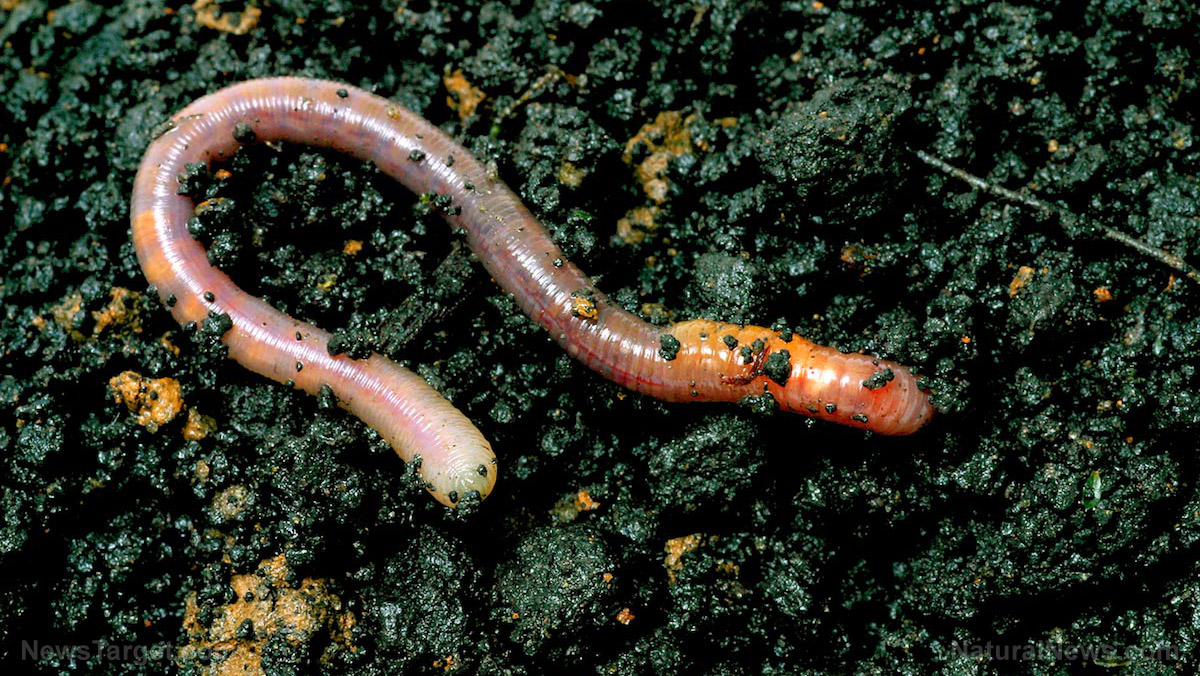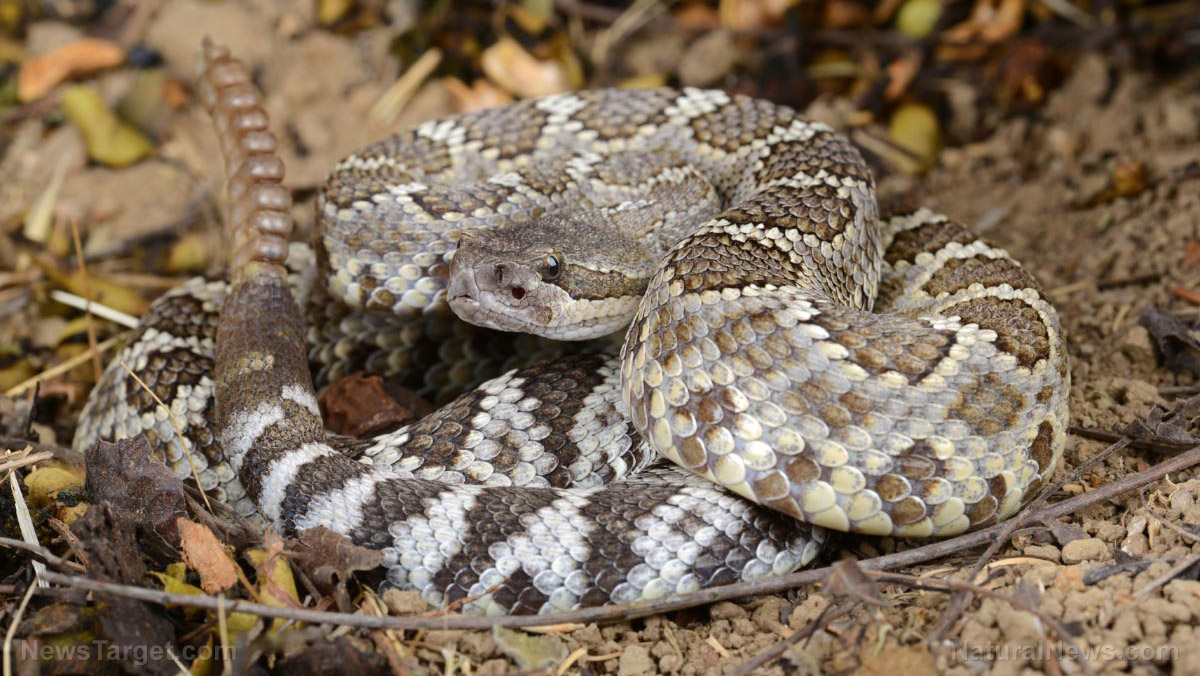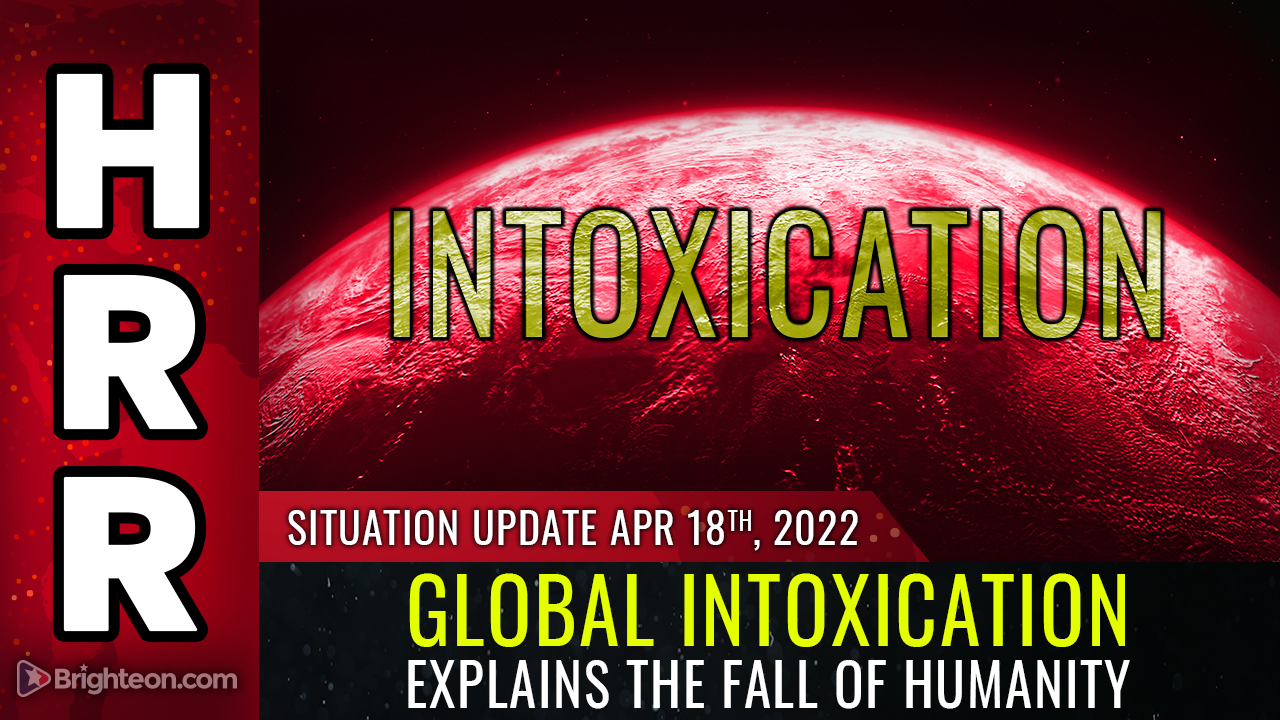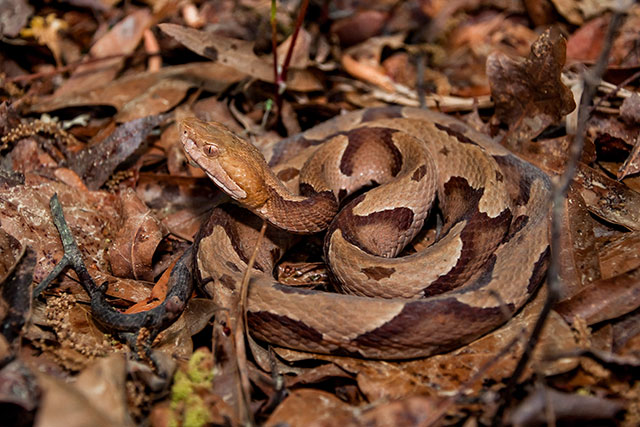Pesticides are harming vital soil organisms, experts warn
05/17/2021 / By Divina Ramirez

Agricultural pesticides pose a grave threat to organisms that play an important role in maintaining soil health. These are the findings of a study published Tuesday, May 4, in the journal Frontiers in Environmental Science.
The study, conducted by researchers at the University of Maryland in cooperation with two environmental organizations, the Center for Biological Diversity and Friends of the Earth U.S., is the largest, most comprehensive review of the impact of agricultural pesticides on vital soil organisms.
The researchers compiled data from nearly 400 studies, which showed that pesticides harm many beneficial soil-dwelling invertebrates, such as earthworms, ants, beetles and ground-nesting bees.
Based on their findings, the researchers urged pesticide regulators in the United States to also consider soil organisms when assessing the environmental impact of pesticides.
Pesticides harm soil invertebrates
Soil performs many invaluable functions. It filters water, supports plant growth and helps regulate the planet’s temperature. However, little is known about the impact of pesticides on crucial soil invertebrates, which help maintain soil health. Regulators and researchers have mostly focused on the impact of pesticides on pollinators.
To understand the danger agricultural pesticides pose to soil organisms, the researchers reviewed roughly 400 studies on the effects of pesticides on non-target invertebrates that live part of their lives in soil. The review covered over 275 species and 284 pesticides, excluding those currently banned in the United States.
Overall, the review included over 2,800 “tested parameters,” where a specific pesticide was tested on a specific organism for a specific parameter, such as mortality, abundance, behavior, reproduction and biochemical and morphological changes.
When the researchers analyzed the tested parameters, they found that 70.5 percent were negatively affected by pesticide exposure, 28 percent were not significantly affected and only one percent were positively affected.
For example, 84 percent of tested parameters in earthworms, which play a key role in fertilizing soil, were negatively affected by insecticides. Some herbicides and fungicides also harmed earthworms.
“Below the surface of fields covered with monoculture crops of corn and soybeans, pesticides are destroying the very foundations of the web of life,” said co-author Nathan Donley, a senior scientist in the Center for Biological Diversity’s Environmental Health Program.
Numerous studies have shown that the unregulated use of pesticides across millions of acres every year poisons organisms critical to maintaining healthy soil. Yet regulators continue to ignore the harm pesticides cause to these important ecosystems.
For instance, beetles and springtails considerably influence the porosity of soil, which determines water content. Unfortunately, they are among the most affected organisms along with earthworms. Miner bees, which create underground nests, also face great risks nesting in the soil.
And it’s not just one or two pesticides that are causing harm to these important soil organisms. Study results were consistent across the whole class of chemical poisons. (Related: Experts warn that undisclosed ingredients in weedkillers can kill bees, even without glyphosate.)
Co-author Tara Cornelisse, an insect conservation biologist and senior scientist at the Center for Biological Diversity, also said it was extremely concerning that over 70 percent of cases show pesticides significantly harm soil invertebrates.
“Our results add to the evidence that pesticides are contributing to widespread declines of insects,” she said in a statement. The troubling findings add to the urgency of reining in pesticide use to save and improve biodiversity, she added.
Matt Shardlow, chief of the nature conservation charity Buglife in the United Kingdom who wasn’t involved in the study, said the findings show pesticides assault organisms that live in the soil. If regulatory agencies want to protect healthy soils, they need to take soil organisms into consideration when deciding if a pesticide is safe to use.
Visit Pesticides.news to learn more about how pesticides affect the environment.
Sources include:
Submit a correction >>
Tagged Under:
biodiversity, Dangerous, Ecology, environment, Environmental Protection Agency, EPA Watch, harvest, herbicides, poison, research, soil health, soil organisms, toxic chemicals, weed killers
This article may contain statements that reflect the opinion of the author
RECENT NEWS & ARTICLES
COPYRIGHT © 2017 POISON NEWS

















